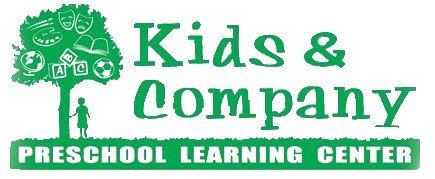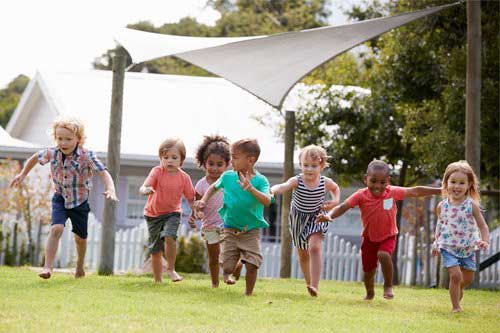Tips to Communicate With Your Child's Preschool Teacher

Your child's preschool teacher serves as a partner in their development, and strong communication between them and your family is essential to your child's success. However, it often feels as though there is little time to communicate during the rush of dropping off and picking up your child.
At drop off time, you may worry about interfering with the teacher's other duties by asking to talk. Alternatively, you may not know exactly how to broach a difficult topic such as your child's special needs. Now that your child is in the right preschool classroom use these tips to foster excellent communication with their teacher that supports your child's learning.
1. Provide Some Background
Over the next several months, your child's teacher will spend time getting to know what inspires your child to learn. However, you can streamline this process by giving them some background information from the very beginning.
Let your child's teacher know about your child's favorite colors, foods, and special characters. They can use this information to develop lesson plans that appeal to your child's interests. You may also let them know if there are areas where your child struggles or excels so that they can tailor their teaching strategy to fit these needs.
2. Check the Board
Preschool programs often have bulletin boards or newsletters that teachers use to communicate with parents. These often include calendar, lunch menus, and weekly themes. Find out where to look in your child's early learning center so that you can stay on top of new information such as upcoming special events.
3. Choose the Right Method of Communication
Naturally, you can always ask a quick question during morning drop-off. However, you can address more complicated topics such as your child's progress with a specific skill during a teacher conference.
Parent-teacher conferences can be as simple as an informal phone call when both of you can talk without distraction. They can also be held at your child's learning center where other people such as your child's therapist can be involved. Ask your child's teacher how they think a situation could best be handled, and use that method of communication.
4. Encourage Self-Advocacy
The preschool years are the ideal time to help your child practice speaking up for themselves. Encourage your child to tell their teacher about things such as allergies or if another child upsets them. While you may stay nearby to lend a helping hand, having your child practice communicating their needs teaches valuable skills in self-advocacy.
5. Share Major Life Changes
Things that happen at home affect your child's behavior and willingness to learn at preschool. If you are comfortable talking about it, then share major news with your child's teacher. For example, you may want to let them know if your child recently moved or has experienced a loss in the family.
Your child's teacher can use this type of information to support your child's emotional needs. For instance, they could read a book together about what to expect when moving to a new house. Alternatively, they can watch for signs that your child is struggling with adjusting to a change so that they can keep you informed.
6. Follow Up on Action Plans
During a conference or brief conversation in the classroom, you and your child's teacher may agree on an action plan. For example, they may offer to plan special activities at preschool to help refine your child's math skills. Let your child's teacher notice the changes that you see at home regarding the action plan so that they know what works.
At Kids & Company, we aim to foster strong relationships between parents and our staff. Contact us today to explore the benefits that our preschool classrooms offer for our youngest learners.

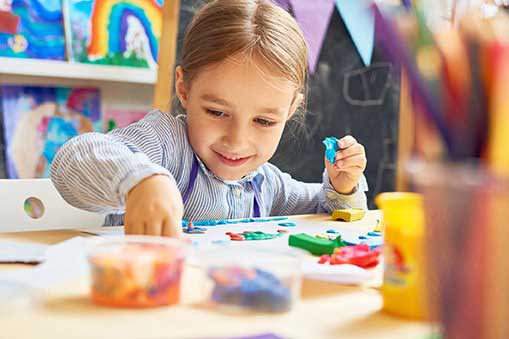
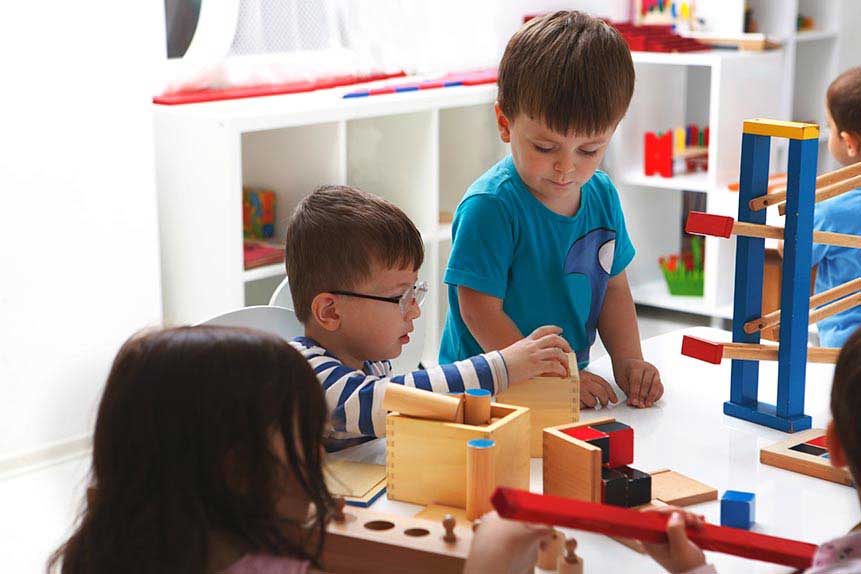


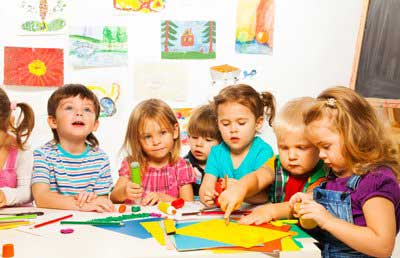

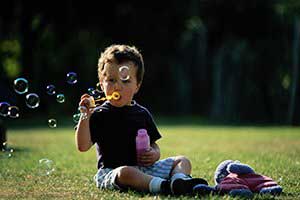
Wilmington - S. College Rd.
Address: 5222 S. College Road Wilmington, NC 28412
Phone: 910-799-8023
Business Hours:
- Mon - Fri
- -
- Sat - Sun
- Closed
Wilmington - Newkirk Avenue
Address: 2619 Newkirk Ave. Wilmington, NC 28412
Phone: 910-799-7195
Business Hours:
- Mon - Fri
- -
- Sat - Sun
- Closed
